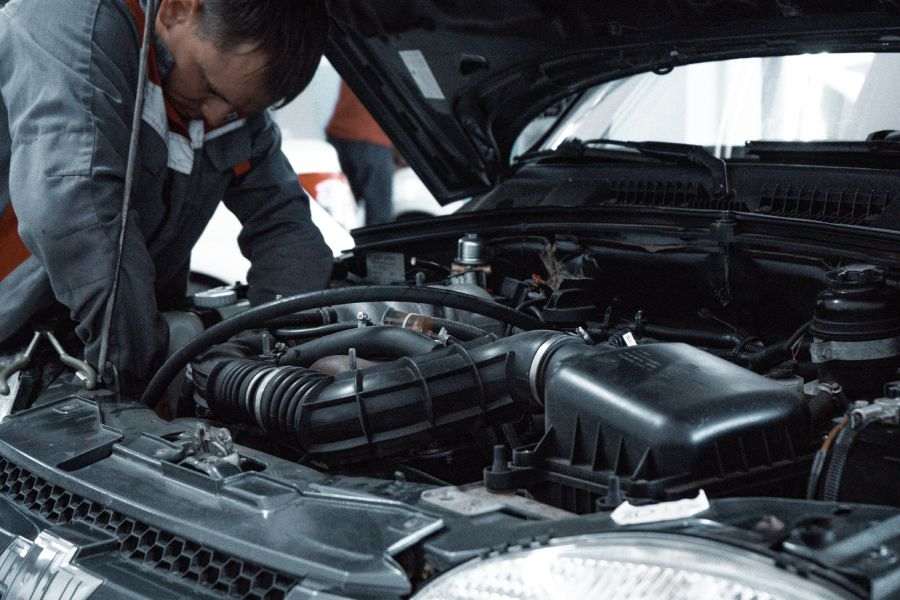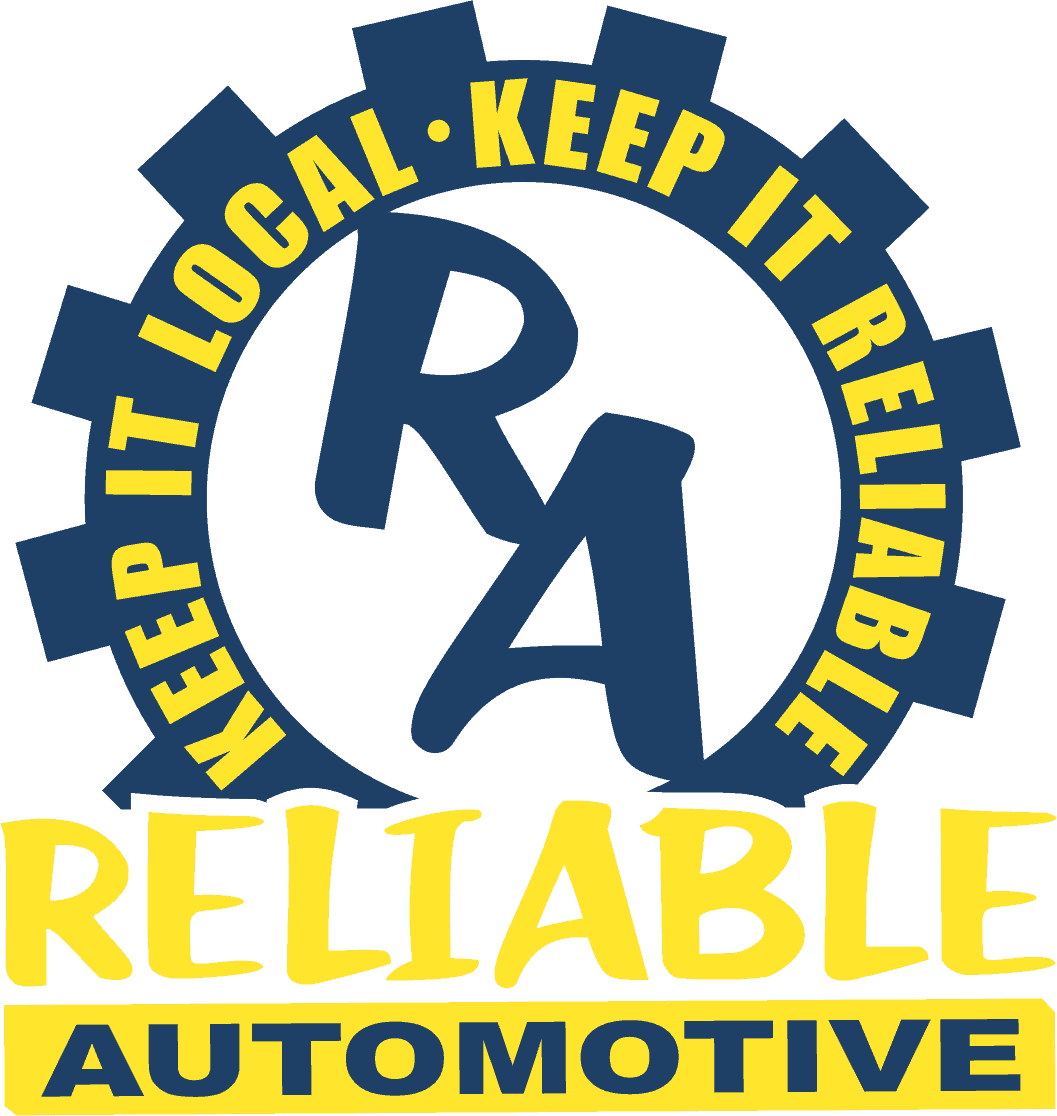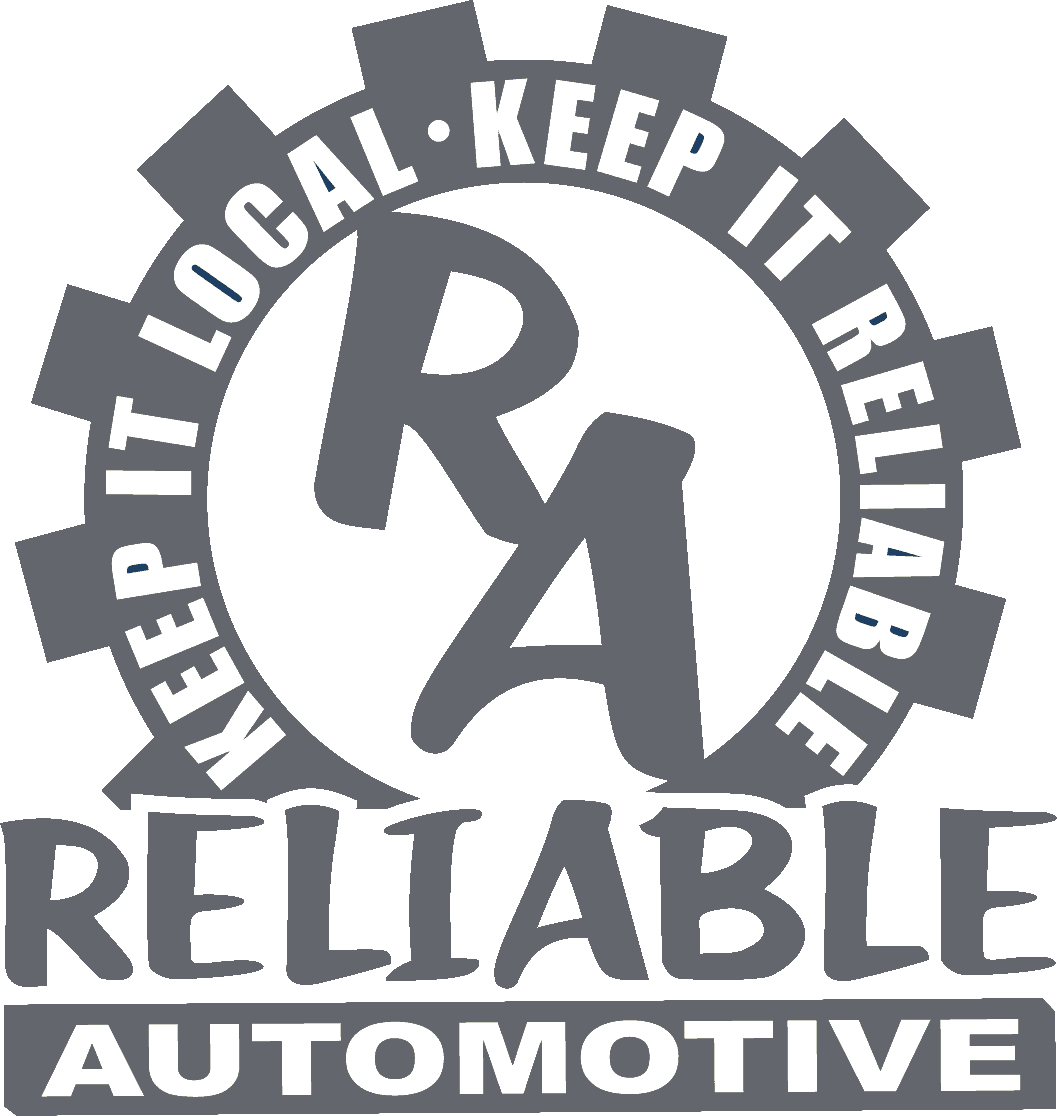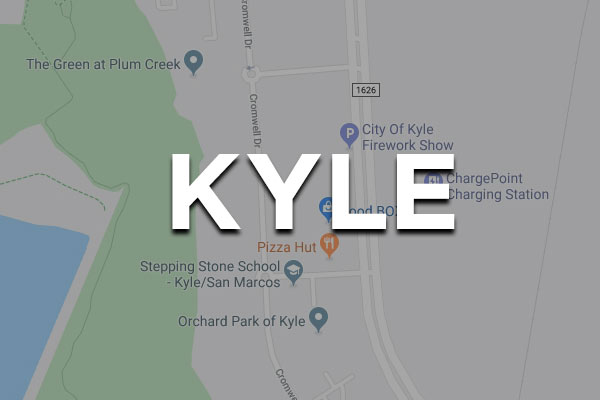
In our previous article we discussed some common ways to prevent engine damage to your vehicle. Since this is one of the most expensive parts inside your vehicle, it’s important you should take every step available to you to prevent damage. We continue with some other common ways to prevent engine damage. There are a lot of important things that you should look for when it comes to preventing engine damage, but one important thing to try to do is to make sure that you are simply paying attention to how your car is running. If you notice a bizarre smell or feel, then you should make an appointment with your mechanic right away. The longer that it goes unchecked, the bigger the problem you will have to deal with down the road.
Check your Oil
While it may seem silly to mention oil changes as the first thing to do to avoid engine damage, it is actually extremely important to do so. It’s a simple procedure, but if you put it off for too long, it can have a huge impact on your car’s engine health. It contributes to overall performance, overall life-span, and general quality of your car’s performance. Oil contributes greatly to ensuring it stays properly lubricated, and without changing it as recommended you can cause a lot of damage.
Keep it Lubricated
As you check for any oil issues, you will also want to make sure the engine itself is staying lubricated. Without lubrication, friction on the engine can cause parts to rub together and cause grinding damage. Instead of having the items just checked, without proper care, you might end up needing them replaced. A mechanic can help you ensure that your cylinder walls, crankshaft and piston rings are being lubricated to avoid damage to them and other parts of your vehicle. Part of this is the oil, but you will want to make sure the entire lubrication system is running properly.
Check your Belts
It is also important to make sure that you are checking your timing belts as it is far cheaper to replace a timing belt instead of a belt that has broken and caused damage. If they break, the pistons can cause damage to your engine costing you more in the future. You can check your owner manual to see how often it needs to be replaced.
Keep it Dry
You will also want to make sure that you are not driving your car through streams, no matter how shallow you think they are. This can lead to your engine becoming hydrolocked, and causing the pistons to pull in water when it tries to use air in the cylinders, damaging huge parts of the engine itself, as well as the cylinder and the pistons. The water doesn’t have to even reach the cylinders to cause damage, as higher RPM’s can cause the water to be sucked straight into the engine, inflicting huge damage to your engine.
Ultimately, if you notice an issue, or are just looking to prevent damage down the road, look into fixing these problems, and if you need any help, bring it to a mechanic today!






